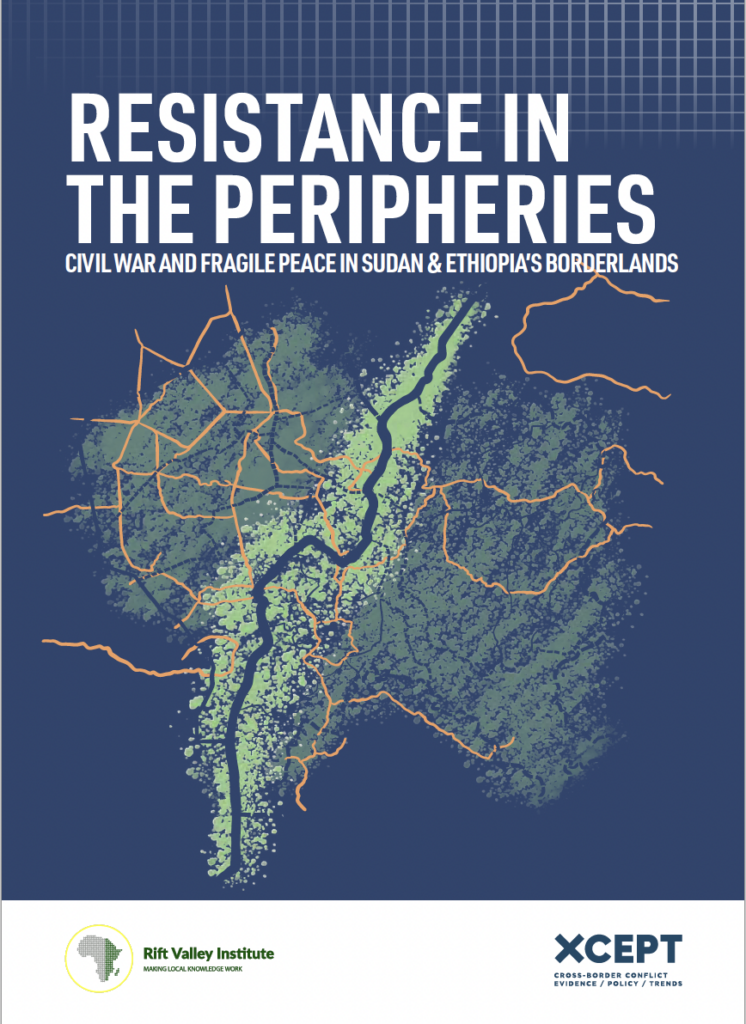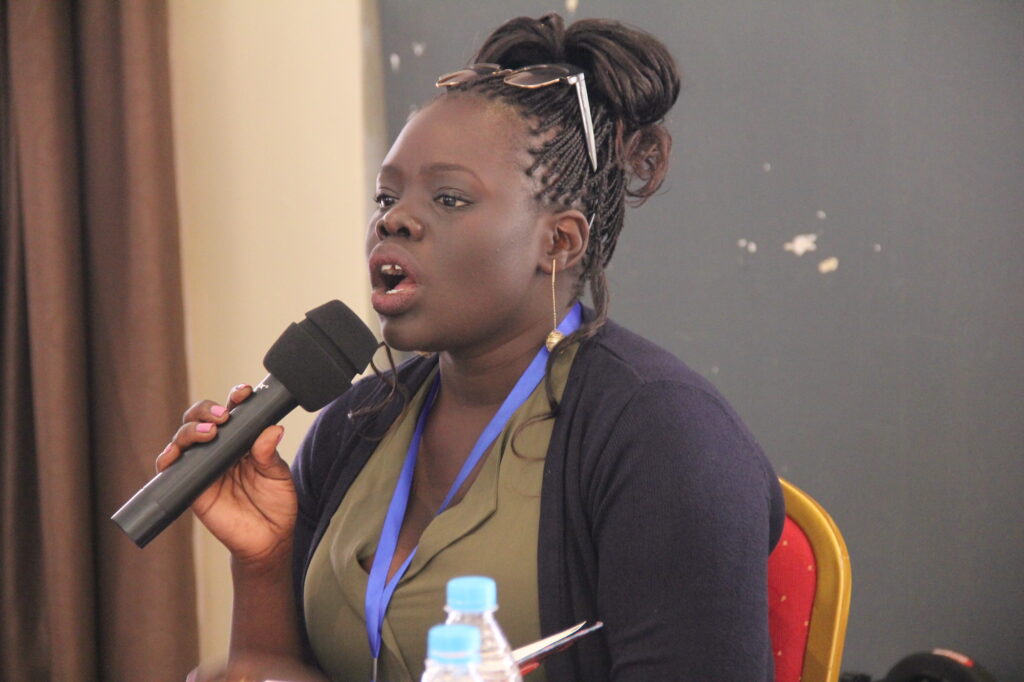RVI STATEMENT ON THE CONFLICT IN SUDAN

We, the staff of the Rift Valley Institute, are extremely concerned about current events in Sudan, and for the lives of those affected by the conflict between the Sudan Armed Forces (SAF) and the Rapid Support Forces (RSF), which broke out across the country on 15 April. The Institute was founded in Sudan in 2001 […]
RESISTANCE IN THE PERIPHERIES: CIVIL WAR AND FRAGILE PEACE IN SUDAN & ETHIOPIA’S BORDERLANDS

Summary • Historically, the people living along the Blue Nile – Benishangul-Gumuz borderlands in what is now Sudan and Ethiopia have been politically and socially marginalized within their respective political entities. As such they have sought ways to address this marginalization by undertaking a number of strategies. They have sought to mobilize and increase their […]
HOW ARMED GROUPS PLAY THE LONG GAME IN THE SUDAN-ETHIOPIA BORDERLANDS
Armed opposition groups in Sudan and Ethiopia’s border regions have a history of leveraging support, often military, from their neighbours to aid their political aspirations at home. These dynamics have fluctuated in line with broader changes in the region and geopolitically, but rebel groups are used to waiting, and take their opportunities when they emerge. This […]
THE PRICE OF LIFE: REVOLUTIONARY AGENCY AND POLITICAL IMPASSE IN POST-BASHIR SUDAN
In Sudan, the revolutionary upsurge of 2018/2019 signalled the implosion of the country’s postcolonial political order. The political parties of old have seen their social bases wither away and their ideological hold over the Sudanese people corrode under the sustained pressure of a hyper-extractive political economy. The so-called ‘transitional period’ that followed the overthrow of […]
WHAT CAN THE CHANGING TASTES IN BODY SCARIFICATION TELL US ABOUT THE LIVES AND ASPIRATIONS OF MURLE YOUTH?
This blog post discusses how the Murle social institution of age-sets (sometimes known as generations) has, in recent years, been fragmenting and is becoming increasingly militarized. Body scarification is a valuable lens through which to view these transformations, as well as a way to better understand individual and collective youth identities, hopes and aspirations. Drawing […]
ONE YEAR AFTER THE COUP: WHAT NEXT FOR SUDAN’S JUBA PEACE AGREEMENT?
This briefing considers the changing political situation in Sudan with a particular focus on the future of the Juba Peace Agreement ( JPA). It explores how the relationship between two key factions in the conflict has complicated the ongoing discussions around the formation of a new political arrangement in Sudan. Contrary to what many in Sudan’s […]
RESEARCH COMMUNITY OF PRACTICE – FIRST COHORT TRAINING

In September 2022, the Rift Valley Institute in collaboration with Carnegie Corporation and the Open Society University Network launched the first cohort of the Early Career Researchers’ Training, part of the RVI’s Research Community of Practice (RCoP) project. The project aims to contribute to the development of young professional researchers from East and Central Africa through […]
The Costs of Peace
This is the first paper in a series considering the future of Sudan’s Juba Peace Agreement (JPA) and peace-making after the fall of Omar al-Bashir in 2019. It was commissioned by the Rift Valley Institute for the UK government’s XCEPT (Cross-Border Conflict Evidence, Policy and Trends) programme. XCEPT brings together leading experts to examine conflict-affected […]
What next for Sudan’s peace process? Political and Security Dynamics in the East
This briefing considers the changing political situation in Sudan with a particular focus on the future of the Juba Peace Agreement (JPA) and the evolving political and security dynamics in the east of the country. It considers the role the agreement played in exacerbating the unresolved historical and political inter-communal tensions which the transitional government and the […]
War, Migration and Work – Agricultural Labour and Cross-Border Migration from Northern Bahr el-Ghazal, South Sudan
War, Migration and Work examines the history of labour migration and labour relations in present day South Sudan’s Baher El-Ghazal borderlands with Darfur and Kordofan (regions of present day Sudan). Beginning in the nineteenth century, the report charts the evolution of the labour system from slavery to present-day forms of wage-labour, based on cash and debt. […]
